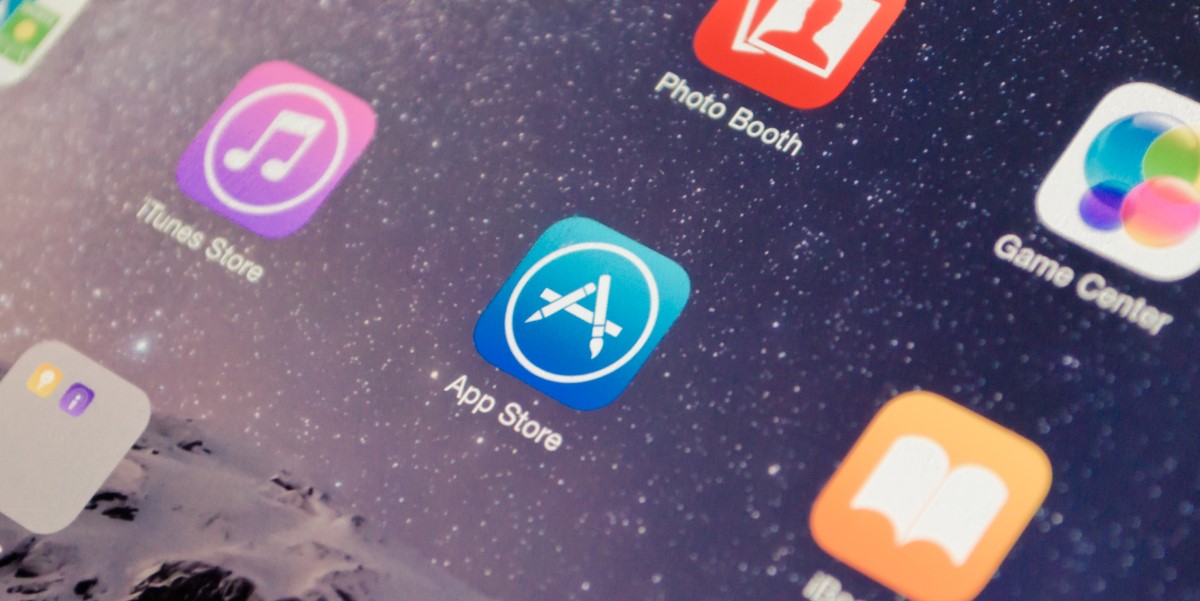The European Commission on Tuesday reduced the scope of its investigation into Apple’s allegedly anticompetitive App Store rules for music streaming providers.
In a statement, the Commission declared it is no longer challenging Apple’s requirement that music streaming apps distributed through the Apple App Store use Cupertino’s own in-app payment system.
“Today’s Statement of Objections [PDF] clarifies that the Commission does no longer take a position as to the legality of the IAP obligation for the purposes of this antitrust investigation but rather focuses on the contractual restrictions that Apple imposed on app developers which prevent them from informing iPhone and iPad users of alternative music subscription options at lower prices outside of the app and to effectively choose those,” the Commission said.
Apple’s App Store Guidelines for in-app payments state: “If you want to unlock features or functionality within your app, (by way of example: subscriptions, in-game currencies, game levels, access to premium content, or unlocking a full version), you must use in-app purchase.”
The Commission’s decision not to challenge Apple’s ability to insist apps in its Store use its own payment system may reflect assumptions about changes expected to follow from the EU’s Digital Markets Act – such as a requirement that Apple allow third-party app stores. Third-party app stores are expected to be able to offer their own payment mechanisms, which would render the issue moot from an enforcement perspective.
In any event, the Commission remains concerned “that the anti-steering obligations imposed by Apple on music streaming app developers prevent those developers from informing consumers about where and how to subscribe to streaming services at lower prices.”
The Commission says at this stage of its investigation, it considers Apple’s anti-steering rules to be unfair trading conditions that violate Article 102 of the Treaty on the Functioning of the European Union (TFEU).
Apple’s anti-steering rule says: “Apps and their metadata may not include buttons, external links, or other calls to action that direct customers to purchasing mechanisms other than in-app purchase” with limited exceptions for “Reader” apps that allow users to view content purchased elsewhere. In other words, apps cannot even promote external payment options.
Music service Spotify, which objected to Apple’s rules in a 2019 complaint to the European Commission, welcomed the competition watchdog’s statement, even though it narrows the agency’s inquiry.
“The European Commission has once again made it abundantly clear that consumers are the ultimate victims of Apple’s abusive and anticompetitive behavior – and putting a stop to it is a top priority,” the streaming biz declared.
“Apple’s anti-steering rules, which prohibit Spotify and other developers from telling consumers about deals or promotions through their own apps, mean that users are deprived of opportunities to save money and enjoy a higher quality service. That directly harms consumers.”
Apple did not respond to a request for comment.
The European Commission has two other antitrust probes active against Apple. One is concerned with Apple Pay being the only NFC payment service available for iOS devices and the other arises from a March 5, 2020 complaint from a distributor of ebooks and audiobooks about Apple’s rules and the Apple Books app.
Other regulatory agencies in Japan, South Korea, and The Netherlands have forced Apple to alter its rules in small ways, but none have won significant competition concessions. According to The Wall Street Journal, the US Department of Justice has become more serious about preparing an antitrust case against Apple – a scenario rumored for at least the past six months. ®

